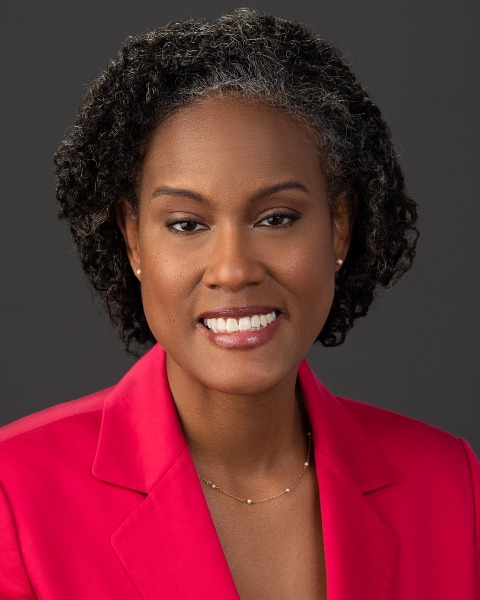Organizational Learning & Evaluation Capacity Building
Supported Storytelling: Building a Learning Culture for the Equitable Use of Data
-
SH
Stephanie Hood, MSW
Project Director
Kaye Implementation & Evaluation, United States -
IA
Indra Amaro Gomez, MPH
Research Associate
Kaye Implementation & Evaluation, Idaho, United States -
LB
Leah Bartley, PhD, MSW
Research Associate
Kaye Implementation & Evaluation, Maryland, United States -

Jaymie Lorthridge, PhD, MSW (she/her/hers)
Senior Research Associate
Kaye Implementation & Evaluation, Georgia, United States
Presenter(s)
Disscussant(s)
Location: Room 206
Abstract Information: Evaluators have power. We can facilitate equitable storytelling by building learning cultures and exploring data through multiple lenses, rather than supporting compliance-driven decisions that can cause harm. The panelists will share lessons learned from building an environment for equity-focused exploration of the story that data are telling. During the session, panelists will describe and discuss the role of frameworks, such as user-centered design and participatory and culturally responsive and equitable evaluation that helped us personally prepare for and shape the work; discuss key components of an equity-focused learning culture, review culture-focused assessment strategies, present techniques that support thorough storytelling with data and highlight three Guiding Principles that are operationalized by learning cultures, including Systematic Inquiry, Respect for People, and Common Good and Equity. For example, the panelists will illustrate how the team advanced Common Good and Equity by democratizing data, visualizing data in context, building data competencies, creating data journeys, providing forums that protected against tendencies to use data to harm, even inadvertently, and helping our client understand the lenses used to tell the story of data. The array of presented tools and strategies, implemented throughout the phases of a human services program evaluation, will allow attendees to choose their own adventure and walk away with a storytelling approach that is right-sized for the current phase of their evaluation and their team’s capacity.
Relevance Statement: Evaluation practice is continually evolving and is shaped by the needs of funders, theoretical trends, pedagogical changes, and advances in methodology. Evaluators are currently in an era where data have more weight than ever before. Service organizations and funders are committed to data-driven decision making, and anything less is seen as irresponsible. Evaluator’s role as data stewards has not changed. We have a responsibility to use our power to help our clients engage in equitable, data-driven decision making. Building a learning culture facilitates equitable decision making. The proposed session adds knowledge to the evaluation field by providing audience members with justification for the need for an equity-focused learning culture, a justification that attendees can share with their funders, steps to use to build a learning culture, and actionable strategies and tools for sustaining that culture to produce thorough data stories. Culture building work, especially equity-focused work, operationalizes several Guiding Principles. In addition to the examples provided in the abstract, panelists will also discuss how they practiced Respect for People by providing a contextual grounding of data through meaning making of findings with key stakeholders and ensuring that multiple perspectives have been represented in interpretation, especially the perspectives of persons with lived experience. Clear and transparent communication of the evaluation methods and approaches facilitated multi-layered interpretations of the data, as described in the Guiding Principle, Systematic Inquiry.
